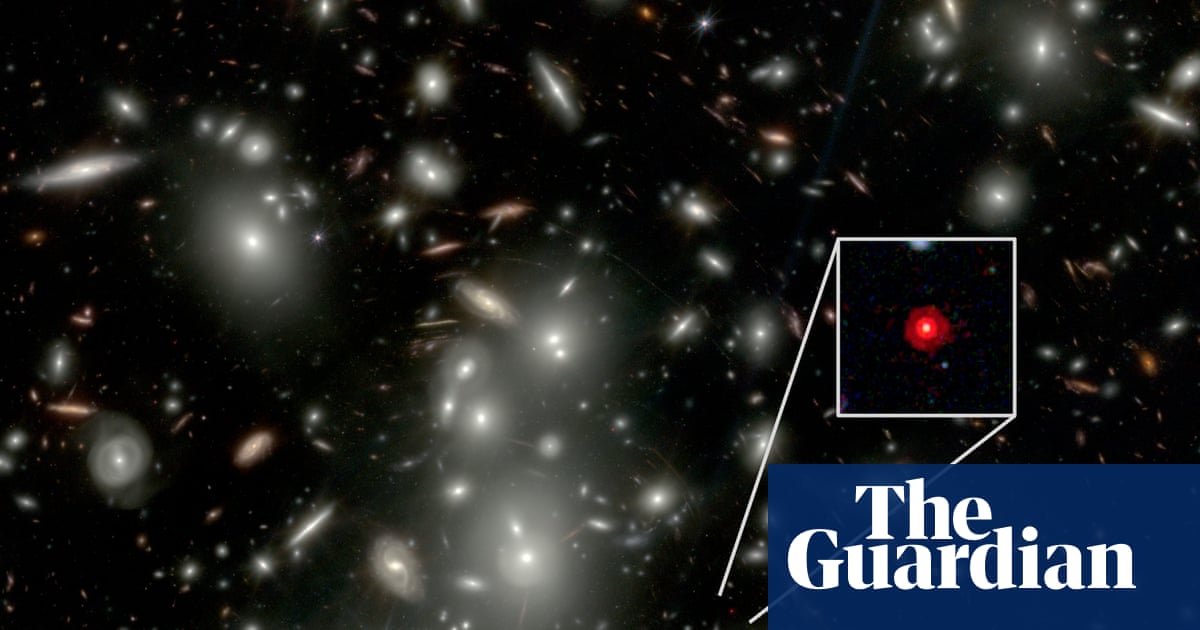- Total News Sources
- 1
- Left
- 1
- Center
- 0
- Right
- 0
- Unrated
- 0
- Last Updated
- 152 days ago
- Bias Distribution
- 100% Left


James Webb Telescope Discovers Possible Primordial Black Hole After Big Bang
Recent observations by the James Webb Space Telescope (JWST) have identified a massive black hole that may be a primordial black hole, potentially formed in the first moments after the Big Bang. This discovery challenges the prevailing cosmological theory that black holes form only after stars and galaxies, as the black hole was found with only a thin layer of surrounding material and no evident galaxy. Primordial black holes, theorized by Stephen Hawking in the 1970s, are thought to have formed from dense regions collapsing in the universe's infancy and could have acted as gravitational centers for early galaxy formation. The Cosmic Microwave Background (CMB) and the theory of cosmic inflation provide crucial insights into the universe's evolution, revealing a flat universe consistent with inflationary predictions, but the physical mechanism behind inflation remains unknown. These findings together deepen our understanding of the early universe’s structure and the processes that shaped its evolution, while also highlighting ongoing mysteries about the origins of cosmic features like black holes and inflation.

- Total News Sources
- 1
- Left
- 1
- Center
- 0
- Right
- 0
- Unrated
- 0
- Last Updated
- 152 days ago
- Bias Distribution
- 100% Left
Stay in the know
Get the latest news, exclusive insights, and curated content delivered straight to your inbox.

Gift Subscriptions
The perfect gift for understanding
news from all angles.
